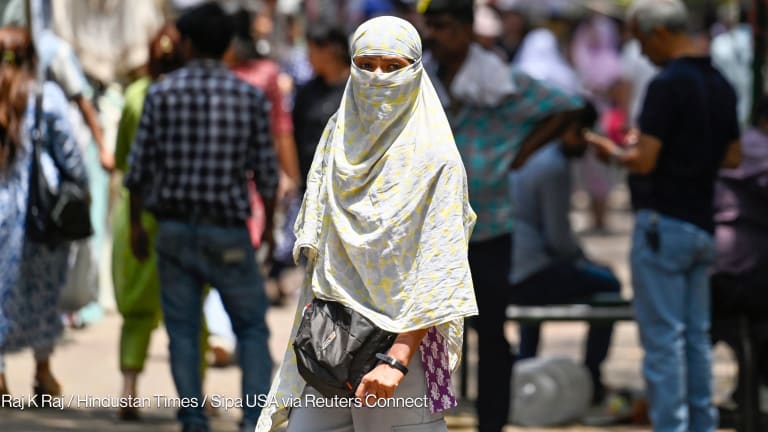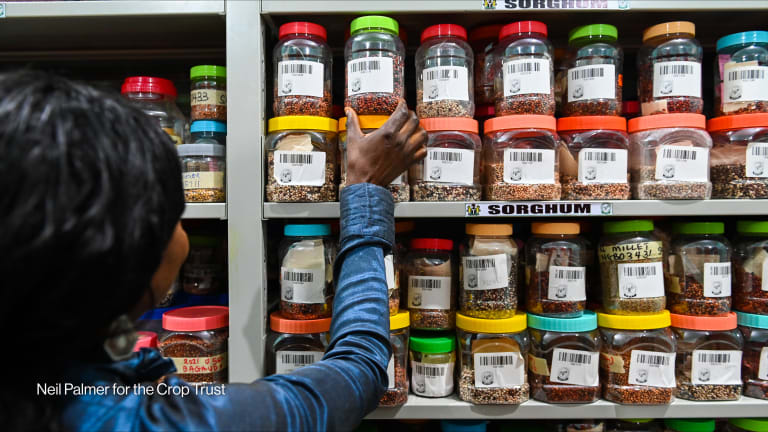When climate crises hit, it is often older people who bear the heaviest burden, yet the impact of climate change on the older population is frequently overlooked in climate discussions.
In the lead-up to the U.N. climate summit COP 28, HelpAge International has published a new report that casts new light on the intersection between population aging and the climate crisis. The changing climate and its impacts around the world are recognized as fact but nothing is yet being done to address the overlap between the two.
A historic milestone was passed in 2018 when, for the first time in history, people aged 65 and over around the world outnumbered those under 5 years of age. But this is yet to be reflected in climate mitigation and adaptation plans and increases the vulnerability of older people when climate-related crises hit — such as floods, droughts, air pollution, tropical cyclones, and extreme weather events.








